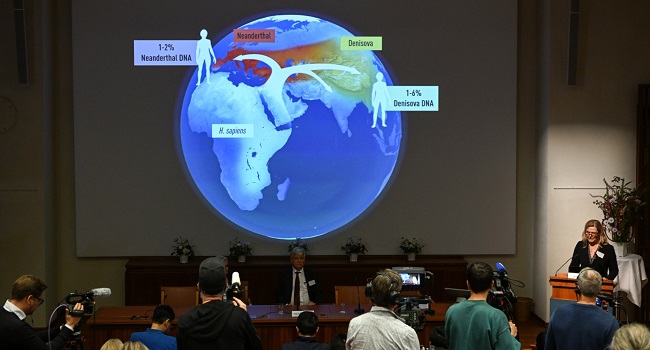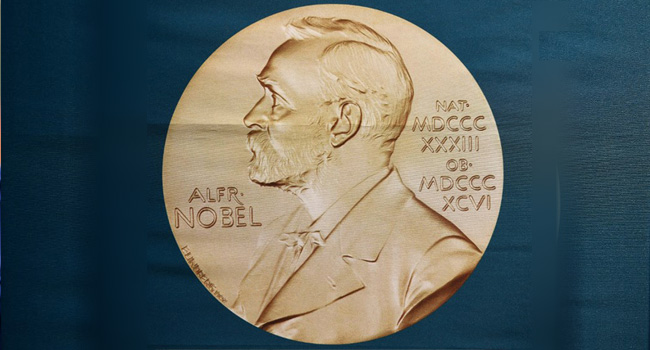
Here is a list of the 10 most recent Nobel Physics Prize winners:
2021: Syukuro Manabe (US-Japan) and Klaus Hasselmann (Germany) for climate models, and Giorgio Parisi (Italy) for work on the theory of disordered materials and random processes.
2020: Roger Penrose (Britain), Reinhard Genzel (Germany) and Andrea Ghez (US) for their research into black holes.
2019: James Peebles (Canada-US) for discoveries explaining the universe’s evolution after the Big Bang, and Michel Mayor and Didier Queloz (Switzerland) for the first discovery of an exoplanet.
2018: Arthur Ashkin (US), Gerard Mourou (France) and Donna Strickland (Canada) for inventions in the laser field used for advanced precision instruments in corrective eye surgery and industry.
2017: Barry Barish, Kip Thorne and Rainer Weiss (US) for the discovery of gravitational waves, a phenomenon predicted by Albert Einstein a century ago as part of his theory of general relativity.
2016: David Thouless, Duncan Haldane and Michael Kosterlitz (Britain) for their study of strange phenomena in unusual phases, or states, of matter, such as superconductors, superfluids or thin magnetic films.

2015: Takaaki Kajita (Japan) and Arthur McDonald (Canada) for their work on neutrinos.
2014: Isamu Akasaki (Japan), Hiroshi Amano (Japan) and Shuji Nakamura (US) for their work on LED lamps.
2013: Peter Higgs (Britain) and Francois Englert (Belgium) for their work on the so-called Higgs boson, a subatomic particle that gives mass to other particles.
2012: Serge Haroche (France) and David Wineland (US) for experimental methods used to measure and manipulate quantum systems.




